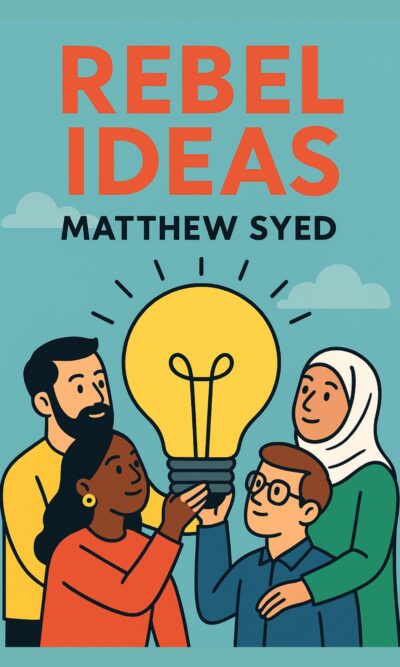Description
In life, people tend to interact with others in three main ways. Some are takers, who focus mostly on what they can get for themselves. They see life as a competition where they must grab as much money, power, or recognition as possible. Takers often promote themselves, flatter those in power, and help others only when it benefits them. While some takers can be highly skilled or accomplished, their selfish approach often damages their reputation in the long run. Over time, people stop trusting them, and opportunities disappear.
Others are givers. Givers are generous with their time, energy, and knowledge. They help others without expecting anything in return, simply because they find joy in seeing others succeed. They focus on the bigger picture and are often willing to step back if it benefits the group. This mindset builds strong trust and lasting relationships. Givers often rise to leadership positions because their focus on the greater good inspires loyalty and respect. Their willingness to connect people, share resources, and support hidden potential often creates success for everyone involved.
Between takers and givers are matchers. Matchers believe in fairness and reciprocity. They help others, but they expect the same in return. If someone does them a favor, they make sure to repay it. If they help someone, they expect repayment too. Matchers aim for balance, which works well in many professional and social situations. However, this approach can sometimes limit the deep trust that givers naturally create.
Our giving or taking behavior can shift depending on who we are with and the situation we face. People tend to act more generously in public or when part of a group that values kindness. We are also more likely to help those who seem similar to us. Social influence and perceived similarity both shape how much we give.
Takers often face something known as the “taker tax,” where their selfish behavior becomes widely known, leading others to avoid working with them. History shows that even highly talented takers can lose opportunities if they consistently ignore or exploit others. On the other hand, givers, when they protect themselves from being taken advantage of, can achieve remarkable success.
One reason givers thrive is that they focus on the greater good. They are often willing to set aside personal gain to help others or advance a shared cause. This earns them trust and creates strong alliances. They also tend to have large, supportive networks, because their generosity leaves people willing to help them in return—even years later.
Givers are skilled at spotting and nurturing potential in others. Instead of waiting for proof of talent, they invest early in people they believe in. Many of these people go on to achieve great success, which reflects positively on the givers themselves. By building others up, givers also create opportunities for themselves.
Another strength of givers is their communication style. They often use a softer, more curious approach—asking questions, seeking advice, and focusing on the other person. This “powerless” communication style actually builds trust and persuasion more effectively than aggressive tactics. People feel heard and valued, which makes them more open to cooperation.
However, givers must avoid burnout and protect themselves from exploitation. When they give endlessly without boundaries, they can become exhausted or be used by takers. The most successful givers combine generosity with self-protection. They make sure they can see the impact of their efforts, which keeps them motivated, and they use strategies like “generous tit for tat” to deal with persistent takers—being fair but still showing occasional kindness.
In the end, giving more than you take can create not only personal success but also a better environment for everyone. Takers may win in the short term, but they often lose trust and support over time. Matchers maintain balance, but givers—when they are strategic—can reach the highest levels of success, all while lifting others along the way. By focusing on generosity, trust, and shared achievement, givers leave a lasting positive impact on the people and communities around them.





